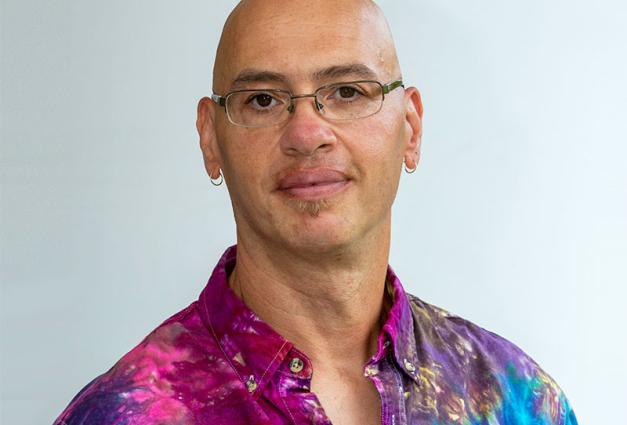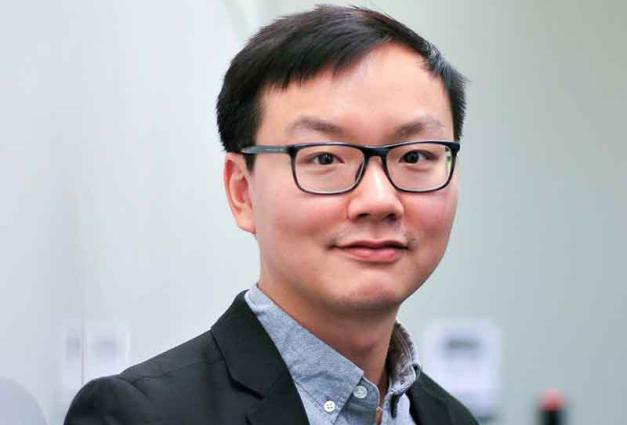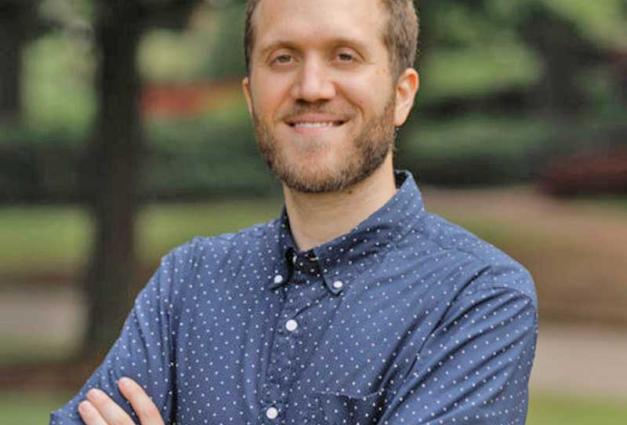Carsten studies the neurobiological and psychological mechanisms underlying cooperation and conflict, group decision-making, and creativity and innovation. He has published over 200 articles in disciplinary journals such as J Personality and Social Psychology and J Applied Psychology, and in interdisciplinary journals such as Science and Proceedings National Academy of Sciences. He was president of EASP (2008-2011), and is fellow of SPSP, APS, and the Royal Netherlands Academy of Sciences. He is a recipient of the Kurt Lewin Medal (EASP, 2014), the William Owen Scholarly Achievement Award (SIOP, 2014), and the Hendrik Muller Award (Roy Neth Acad Sciences, 2015).
Employer: Leiden University (Psychology), and University of Amsterdam (Economics)
Job Title: Professor
Highest Degree: PhD
Institution Providing Degree: University of Groningen, the Netherlands
Member of SPSP Since: Late 1990's
Visit Carsten's Social Psychology Network and University Leiden pages.
Why did you join SPSP?
Especially early in my career SPSP provided to a great platform for learning and international exchange.
What led you to choose a career in personality and social psychology?
I have been fascinated by the ways groups influence individuals well before I discovered this was at the core of social psychology. When I did find out soon after I started my undergraduate studies in psychology, there was no turning back
Briefly summarize your current research, and any future research interests you plan to pursue.
In my recent research I use game-theoretic principles and experimental “games” to study human decision making as it affects their own outcomes, and those of others. The paradigm provides for a conceptually tight framework with strong interdisciplinary outreach, and enables us to incorporate neuroscience techniques such as hormonal challenge, fMRI, and brain stimulation. I am very excited about developments at the cross-road of social psychology, neurobiology, and behavioral economics and hope to benefit from, and add to these developments with regard to two key interests—cooperation and conflict, and creativity and innovation.
What is your most memorable SPSP Annual Convention experience?
Between 2008 and 2010 I was president of the European Association for Social Psychology, and worked with Rich Petty (representing SPSP) and Linda Skitka (representing SESP) to start a new journal – Social Psychological and Personality Science. The journal has been a hit from its very start and is thriving. This makes me happy of course. But most memorable are the meetings we had at SPSP to build the journal; it was always pleasant and collaborative, and very exciting to work on this project and to be able to contribute to our respective societies and the field of social and personality psychology.
How has being a member of SPSP helped to advance your career?
It has helped me advance my science, and enabled me to create and establish a professional network. Although I cannot “prove” it advanced my career, indirectly it must have.
Do you have any advice for individuals who wish to pursue a career in personality and social psychology?
Be open-minded, curious and thorough. And be productive.
Outside of psychology, how do you spend your free time?
I love to be outdoors. And I like to read reviews and books from other sciences, biology and history in particular.




